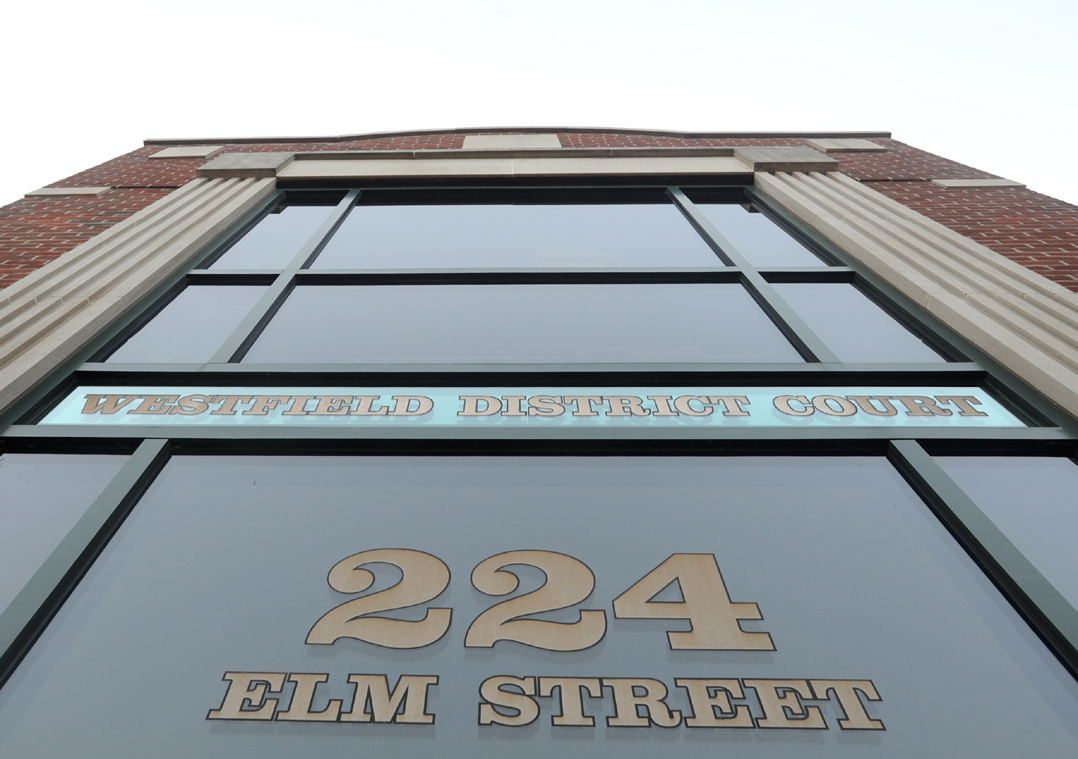BOB SALSBERG, Associated Press
BOSTON (AP) — The state’s top judge urged lawmakers on Tuesday to abolish mandatory minimum sentences for non-violent drug offenders, but several Massachusetts district attorneys disagreed, saying such penalties are an important tool for law enforcement.
The testimony came during a hearing by the Legislature’s Judiciary Committee as momentum appeared to grow, at least in the state Senate, for changes in laws that require judges to impose minimum prison sentences for certain drug offenses.
One proposal would repeal mandatory minimum drug sentences while also reducing some lower-level felonies to misdemeanors. The bill would direct money that supporters contend would be saved by putting fewer people in prison to a trust fund that would support job training programs. Other proponents say the savings could help fund addiction treatment services.
A 2012 law scaled back some mandatory minimum sentences, but those seeking broader repeal claim Massachusetts is trailing a national trend toward seeking alternatives to incarceration for many drug offenders, even in more conservative Southern states.
Dozens of activists, representing community, religious and labor groups, chanted “Jobs Not Jail,” at a Statehouse rally prior to Tuesday’s hearing.
“One size does not fit all when it comes to drug crimes,” said Supreme Judicial Court Chief Justice Ralph Gants in his testimony before the committee. He rejected the argument that judges would reflexively become more lenient if given more discretion over sentencing.
Mandatory penalties also lead to racial disparities, Gants argued, citing recent figures showing that minorities made up 44 percent of all people convicted of drug offenses in Massachusetts and that 75 percent of those convicted of crimes carrying mandatory minimum sentences were minorities.
Attorney General Maura Healey, a Democrat, said in a letter to lawmakers Monday that she also supports eliminating statutory mandatory minimum sentences for certain non-violent drug crimes.
On Tuesday a panel of local prosecutors called on legislators to retain the sentences as a way to target key players in the drug trade.
“Drug traffickers are not victims, they are profiteers of violence and addiction,” said Suffolk District Attorney Daniel Conley, testifying on behalf of several other district attorneys.
Police who make drug arrests often find guns and ammunition at the scene, indicating the threat of serious violence, Conley said. And while agreeing with the need to find alternatives to prison for some crimes, he noted that Massachusetts has the third-lowest rate of incarceration among the 50 states —suggesting the case against mandatory minimums was overstated.
“They are applied sparingly, but they are applied with precision and for very good effect,” Conley said.
The effort to scale back the mandatory sentences appeared to be gaining support in the Senate, though it was less clear if the House or Republican Gov. Charlie Baker would be equally convinced.
Senate President Stan Rosenberg said he hopes Massachusetts follows a path similar to those taken by other states including Texas, which he said has cut its prisons budget and transferred some of the savings to addiction treatment.
“If Texas can figure this out, we certainly can too,” said Rosenberg, an Amherst Democrat.


